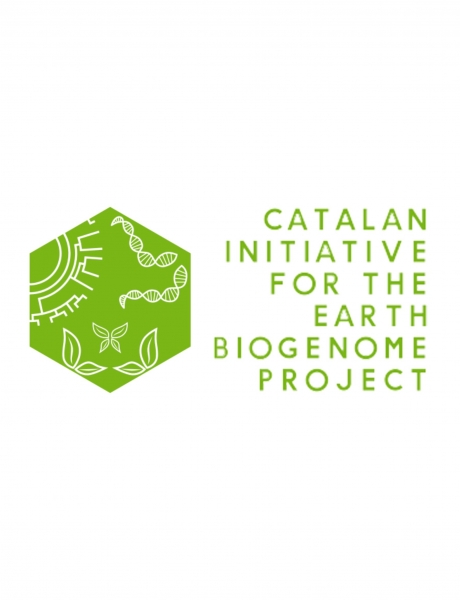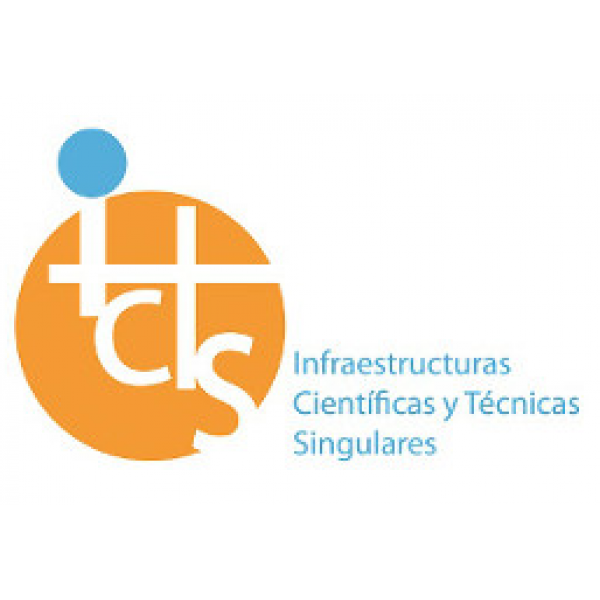
The "mussol pirinenc" (Aegolius funereus) and the "trenca" (Lanius minor) are two emblematic examples in the Catalan territories for which genomics can contribute to improving conservation policies and management for threatened species. Human activities, such as agricultural intensification, deforestation, the use of pesticides or the lack of ecological connectivity due to urbanization, as well as weather factors associated to climate change, which in some cases are harming species that are adapted to extremely cold climates, have caused a steady and significant decline in the Pyrenean populations of the first species and the near extinction of the second in the Iberian Peninsula.
However, despite their key position as bioindicators of the conservation status of the natural habitats in which they live, none of the conservation policies to date have included genomics as an important pillar. The generation of a high-quality reference genome for these species is, therefore, an urgently necessary first step to reverse this situation.
The main goal of this project is to contribute to accelerating the process of generating new data and transfer this genomic information for direct use in conservation policies and monitoring of climate change in Catalan territories. Specifically, the aim is to generate new high-quality reference genomes of two endangered species in Catalonia, "mussol pirinec" and "trenca", (complying with EBP/CBP standards) and perform a prospective analysis of the current variability in these populations. This will provide valuable insights into the conservation status of the target species. We expect that the results obtained in this project encourage subsequent analyses that can benefit from the high-quality data generated here.
This project is funded by the Institute of Catalan Studies.
THE ROLE OF CNAG
The CNAG will perform DNA extraction, sequence, assemble and annotate both bird species.
COORDINATION
Julio Rozas (UB) will coordinate the project.










